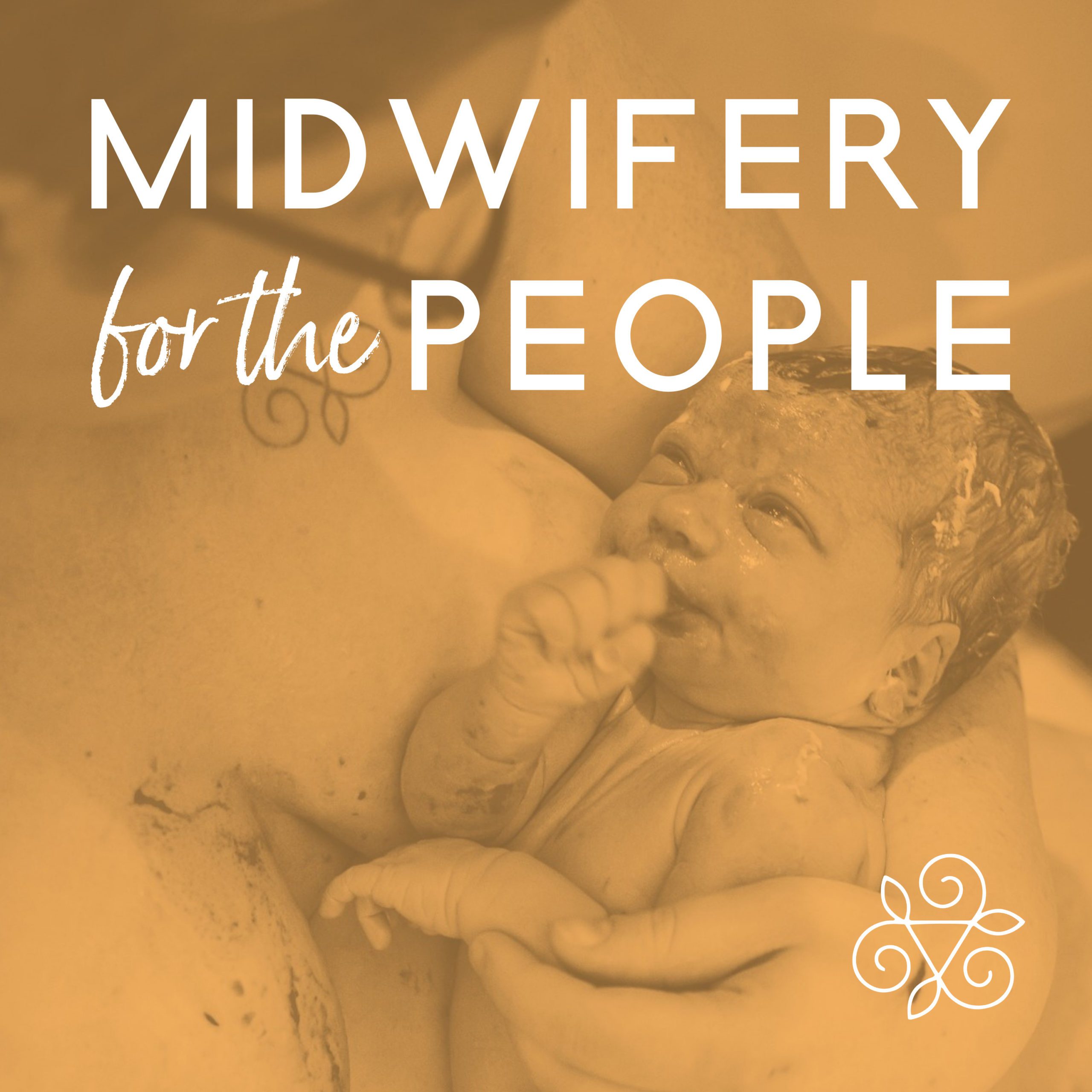Choosing to breastfeed is one of the most beneficial decisions a new mother can make for her baby, herself, and even her family. Breastmilk is the most perfect infant food, sustaining the baby’s health and nourishment single-handedly for the first six months of life. The physical and emotional benefits remain with the baby throughout his life.
Breastfeeding is also the best way for mom to help her post-pregnancy body and mind. The breastfeeding relationship is beneficial to her health, her parenting, and her baby. The family unit benefits from breastfeeding as well.
It encourages bonding, and significantly reduces the financial strain w baby might put on a family by eradicating the need for expensive infant formula.
Breast milk is individually made for every baby by his mother.
Each day, and at each feeding, milk is tailored for the baby’s specific nutritional needs at that time. The needed elements are selected from the mother’s bloodstream to give the baby exactly what he needs, unlike formula. Breast milk contains at least 100 ingredients (and the list is still growing) that cannot be found in cow’s milk or infant formula.
Some examples are IgA, which helps immune function, lysozyme, which counteracts “bad” bacteria in the digestive tract, prolactin, which also assists in immune function, and many more. The milk supply grows and changes with the baby as he grows and matures as well. As well, at every feeding, the milk is at the perfect temperature for the baby and does not require any preparation or sterilization.
The law of “supply and demand” pertains to the production of breastmilk. The more the baby eats, the more is made. There is almost always the perfect amount of milk available. Also, breastmilk is much more digestible than formula or cow’s milk. The amount of protein in breastmilk is lower, which makes it easier to digest. Breastfed babies are usually less gassy, less constipated and their bowel movements are less likely to cause diaper rash. When breast-fed infants are older, it also seems they are more accepting of new foods. A study done at the University of Illinois found this to be true, perhaps because breastfed babies are used to the taste of breastmilk changing from feeding to feeding.
Breastmilk is also superior because of the many immunities it provides baby with. Studies show that babies who are breastfed have lower incidences of asthma, childhood cancers, food allergies, colic and eczema. Immunities are passed through the breastmilk which protect baby from lower respiratory infections, diarrhea, ear infections, urinary tract infections and blood infections. The mother’s body makes antibodies specific to her environment, so baby receives these antibodies that protect him against the illnesses he’d be most likely to get. Recent studies show that breastfed babies are also less likely to get cavities later in life. Along the same lines, breastfed babies have stronger jaws and their teeth and palate develop more efficiently than those of formula-fed babies. This can promote easier learning of correct speech patterns. It also appears that the risk of Sudden Infant Death Syndrome is reduced as well for babies that are breastfed. Lastly, breastfed babies appear to have slightly higher IQs, through age 15. This may be because of the important fatty acids (DHA) that breastmilk contains and the relationship between the growth and development of the brain in relationship to amount of time breastfed.
Breastfeeding premature babies has its own set of benefits, especially for baby. Even if baby is too small to actually breastfeed, he can be fed the mother’s breastmilk. This is especially important because he will get just the right nutrients he needs to mature, and will be extra protected against infection, which is common in premature babies. Research shows that preemies breastfed for at least the first month of life have a higher IQ at age 7-8 than those fed formula. Parents of a premature baby can often feel guilty, depressed and helpless about their tiny child. Breastfeeding allows the mother to take a proactive role in caring for her baby and providing him with the closeness breastfeeding allows, as soon as he is able to do so. Nursing multiple babies offers distinct advantages as well. All of the benefits for baby and mother are multiplied when feeding two or more babies.
Next week we’ll look at why and how breastfeeding is best for not just your baby, but you!!





I’m reading a book the title is “Why love matters” It looks at so many things, but the amzing thing that I learned from what I read so far that physical contact and communication with our babies increases growth of certain parts of the brain. Would that be a reason that breast fed babies are more intelligent.
It seems that they have higher social intellegence.
I’m reading a book the title is “Why love matters” It looks at so many things, but the amzing thing that I learned from what I read so far that physical contact and communication with our babies increases growth of certain parts of the brain. Would that be a reason that breast fed babies are more intelligent.
It seems that they have higher social intellegence.
You have given many good reason to breastfeed; however some of your stated reasons are inaccurate. Breastfeeding is not inexpensive- this is an often stated misconception. People who believe that breastfeeding is ‘free’ tend to be those who are financially secure, not people who are concerned about their food budget. It costs much more, financially, to feed a very hungry, nursing woman that it does to buy formula for a tiny baby. Personally, I ate about 10 times more when I was nursing than I did while pregnant. I also realized my older children felt neglected, as I spent so much of my day feeding the baby. This does not promote bonding in my family, it promoted jealousy among siblings, and guilt for me.
You have given many good reason to breastfeed; however some of your stated reasons are inaccurate. Breastfeeding is not inexpensive- this is an often stated misconception. People who believe that breastfeeding is ‘free’ tend to be those who are financially secure, not people who are concerned about their food budget. It costs much more, financially, to feed a very hungry, nursing woman that it does to buy formula for a tiny baby. Personally, I ate about 10 times more when I was nursing than I did while pregnant. I also realized my older children felt neglected, as I spent so much of my day feeding the baby. This does not promote bonding in my family, it promoted jealousy among siblings, and guilt for me.